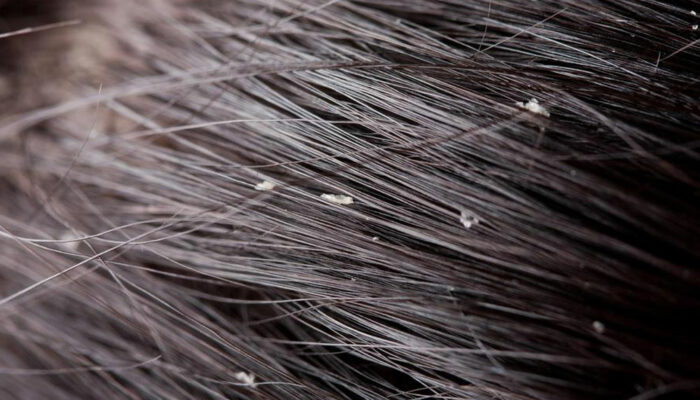
Factors to Consider Before Using Essential Oils for Pets
One may know that apart from their aroma, essential oils also provide health benefits. These plant extracted compounds, when used correctly in a diluted form, for inhalation or external application, are good for well-being not just for humans, but for our animal friends too. Moderate amounts of essential oils can be used as a holistic natural remedy for many purposes but here are three factors for you to consider before you use them intentionally for your pets.
Neat oils can be toxic
Neat essential oils are a concentrated form of essential oils. Strong, and more potent obviously, but neat oils are equally dangerous too. In nature, essential oils are produced by plants in extremely tiny amounts for their own use, sometimes for reproduction, and at times for protection, to thwart predators from destroying them. Humans manufacture and market essential oils in highly concentrated forms for the sake of convenience, not realizing they are highly potent and can be lethal too.
Unless prescribed by qualified doctors for therapeutic purposes, essential oils must not be administered orally to your pets, and certainly not in an undiluted form. Doing so might result in their toxic accumulation in the body and cause tissue damage, and severely harm their kidneys and liver too. Diluted essential oils, when used under the careful and regular supervision of veterinarian experts in the field can, however, be provided to your pets for their well-being if they suffer from hyperactivity, cancer, arthritis et cetera.
Essential oils and felines
The immune system of cats works differently than dogs because of the presence of fewer metabolizing enzymes in their liver. Hence, felines are especially prone to depression, gastrointestinal issues, and are also susceptible to problems in their central nervous system because of essential oils, especially those containing polyphenols and limonene.
Examples of such oils are cinnamon, clove, oregano, wintergreen, thyme, orange, and lime. Inhalation of tea tree essential oil is moreover known to cause pneumonia in cats. Diffusers with essential oils can be harmful to cats with respiratory illnesses and can cause coughing, sneezing, drooling, and vomiting in some cases. Hence, it is essential to observe and understand how each species of animal responds or reacts to essential oils.
Chemical reactions of essential oils
Essential oils, with their powerful aroma, react with the chemicals in the human body, and provide numerous benefits. Usually, good smells make us calm, bad smells can cause a foul mood or generate repulsive behavior. But in animals, the same logic does not hold good always.
Animals possess a deeper sense of smell because they have better olfactory organs and are more sensitive to smells than humans. So diffusing essential oils can be toxic for some pets. Always ensure essential oils in diffusers are well diluted whenever you use them around pets.
Allow your pet the choice and access to move away from the space where the smell emanates from if need be. When used topically on cats and dogs, it is important to keep the oil safely away from your pet’s face, their eyes, ears, and nose. And, certainly, young pets that have not developed a resilient immune system must not be exposed to essential oils at all.



